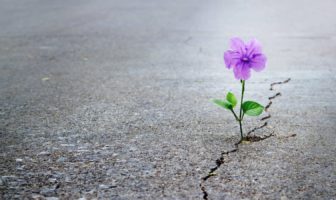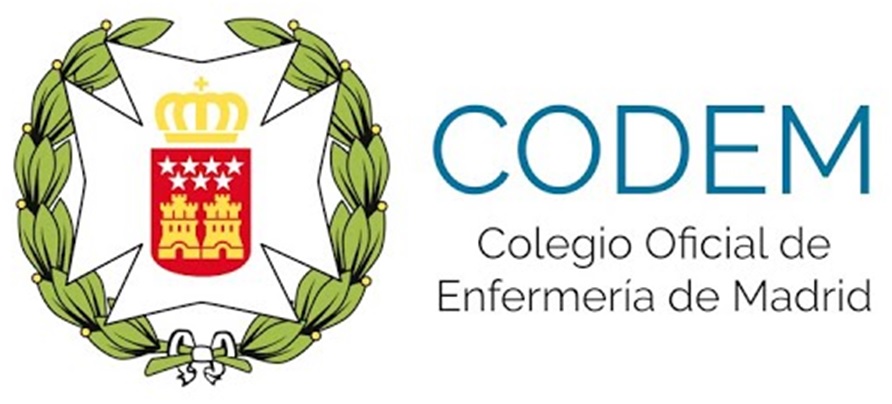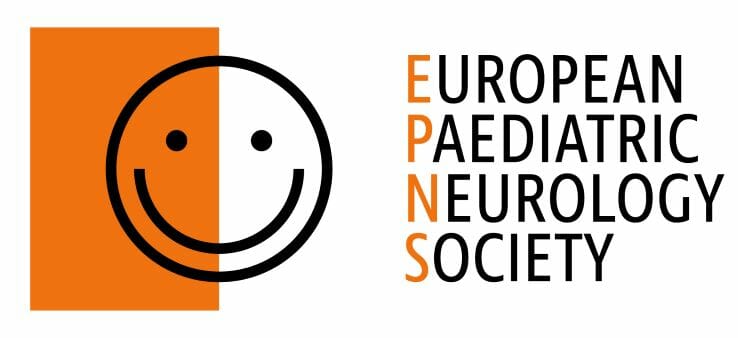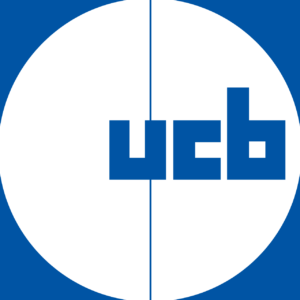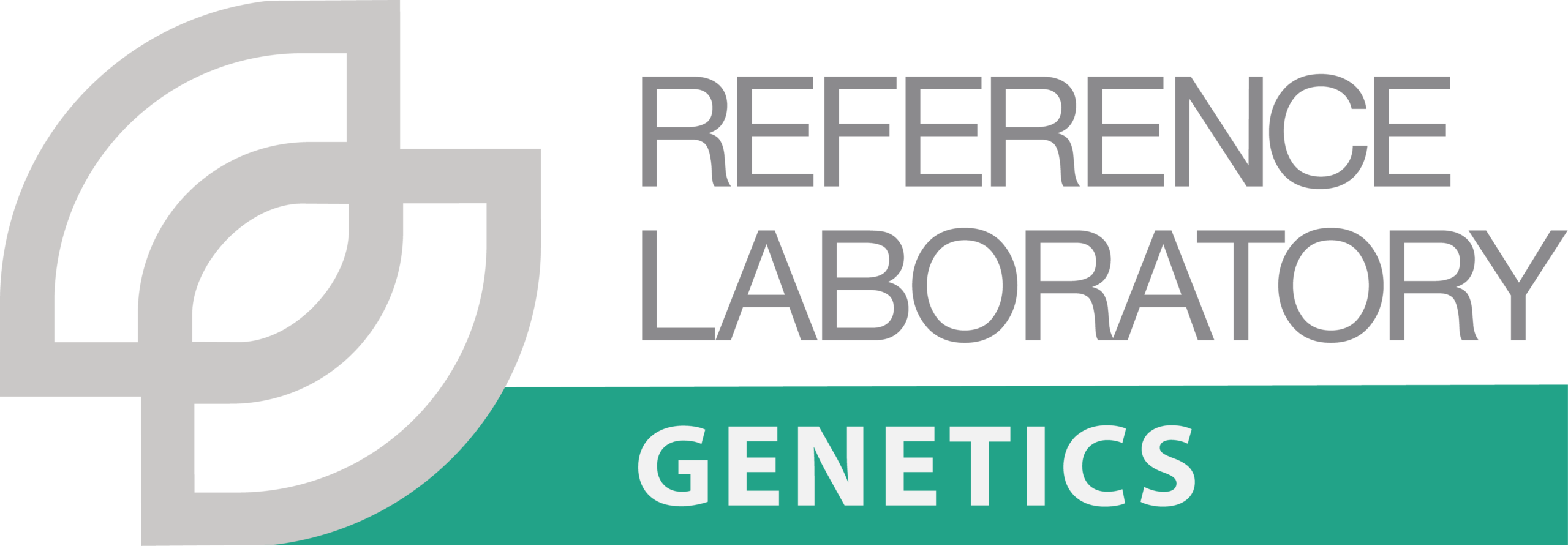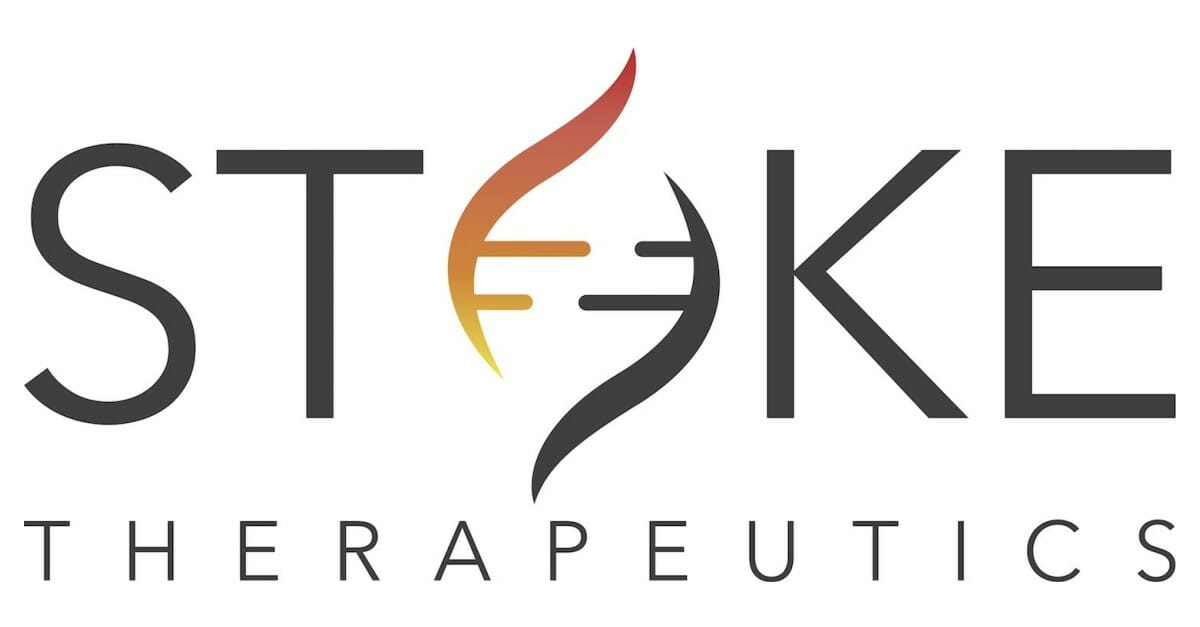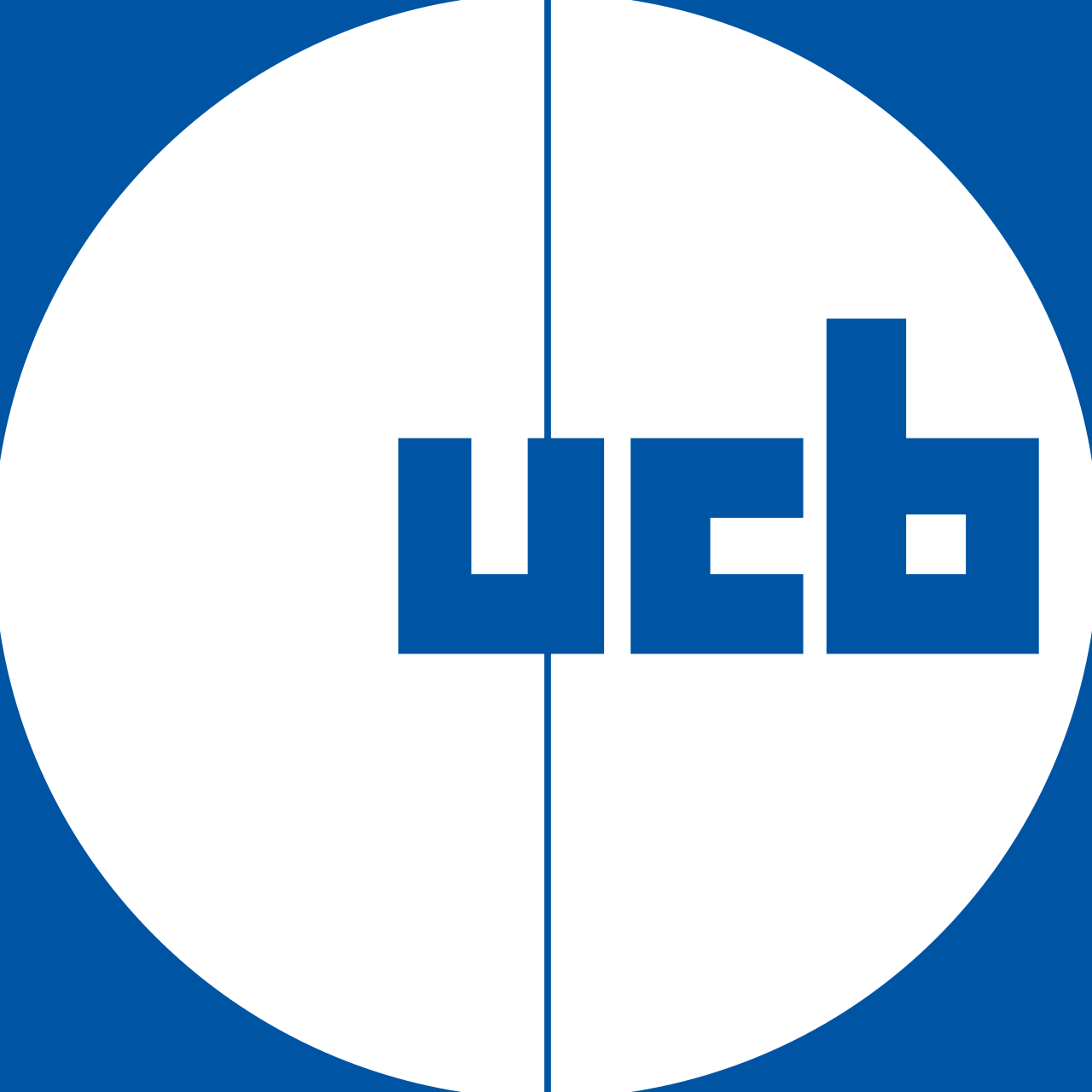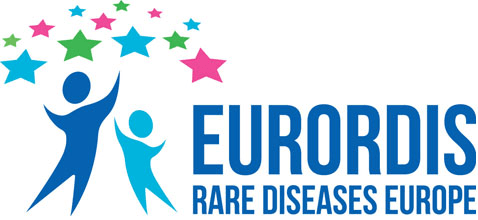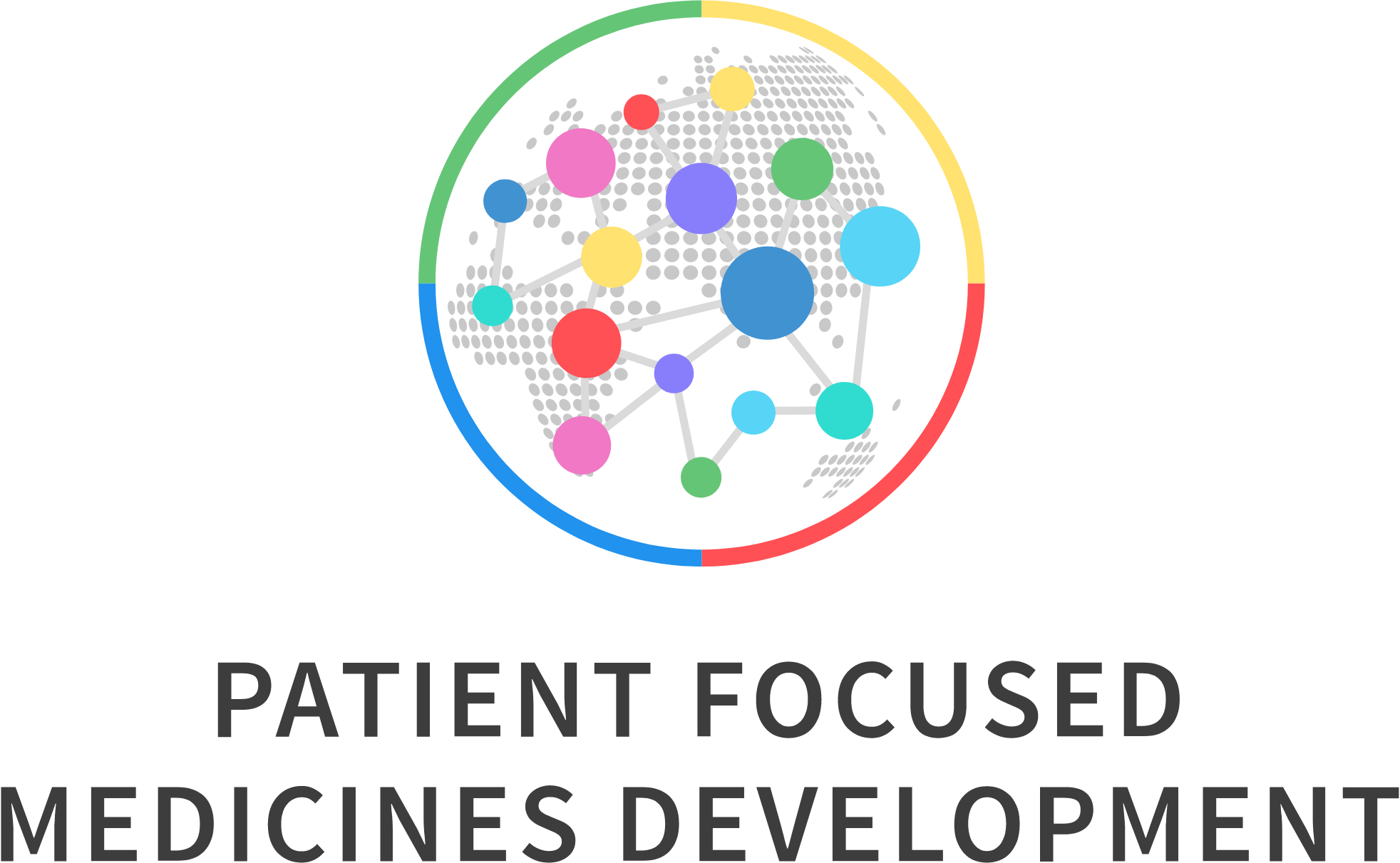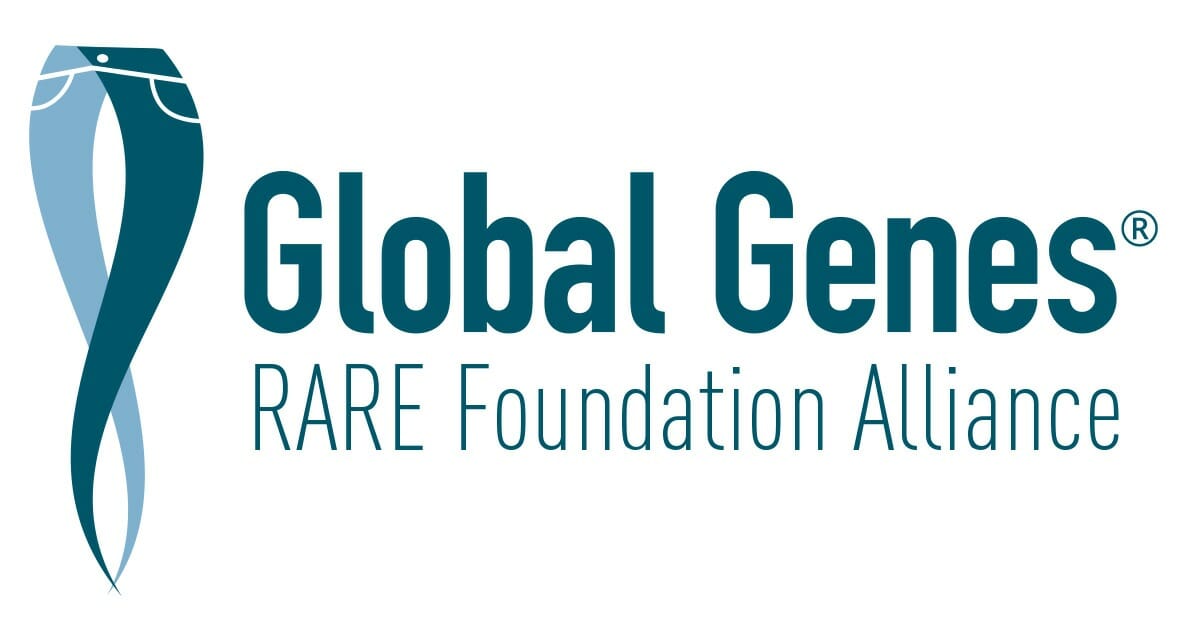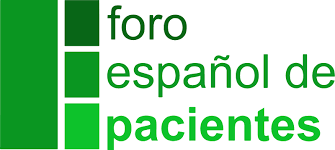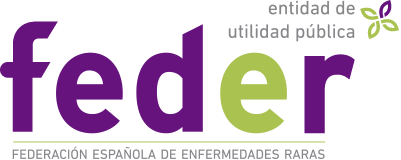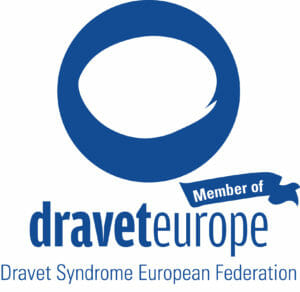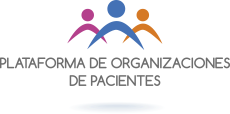European Dravet Syndrome Conference 2024
- European Dravet Syndrome Conference 2024
- Reunión Anual de Familias 2024
European Dravet Syndrome Conference 2024
When and where: Thursday 14rh and Friday 15th of March 2024 in Madrid
- Home
- Agenda
- Abstracts
- Speakers
- Venue
- Accommodation
- Sponsors
- Registration
The Dravet Syndrome Foundation Spain organises the European Dravet Syndrome Conference 2024, which will take place on Thursday 14th and Friday 15th of March 2024 in Madrid, Spain, the sunniest capital city in Europe.
After the great success of both the Dravet Syndrome Conference 2023 and the European Dravet Syndrome Advanced Therapies (EDSAT) Meeting 2023, we are proud to announce a unified event this year. By merging these two events into a single occasion, we aim to foster even greater collaboration among individuals dedicated to advancing research and understanding of Dravet Syndrome across Europe and all over the world.
We are therefore proud to re-engage this meeting in person, open to all clinicians, researchers, regulators, and professionals from the pharmaceutical industry from all over the world, with the common interest of fighting epilepsy.
During the conference, presentations will include the latest advances and updates in the management and treatment of Dravet syndrome, including both new available drugs and treatments in development. This event will represent a unique opportunity to get up date on Dravet syndrome management, as well as to discuss and exchange ideas in the most collaborative, relaxed and fruitful way possible with international experts and key opinion leaders.
Therefore, the organising committee encourage all stakeholders working in the health and R&D medicine sector to join this conference: policy makers, academics and researchers, pharmaceutical industry and other sectors in healthcare, SMEs and mid-sized enterprises, patient representatives, regulators, representatives of other public-private partnerships and research-funding organisations.
The registration is free of charge, but mandatory for organisational reasons.
The European Dravet Syndrome Conference 2024 will take place at the Official College of Nursing of Madrid (Spain), located in the former factory of the American sewing machine company Singer, an emblematic building of the 20th century.
Breaks and lunch will take place in the Nursing History Museum of the Official College of Nursing in Madrid, which is the only nursing museum in all of Spain, receiving visitors from all over the world.
Agenda day 1 – Thursday 14th March 2024
08.30 – 09.00
Welcome & Registration
09.00 – 09.15
Opening statements & Introduction to the program
José Ángel Aibar, President, Dravet Syndrome Foundation Spain
Representative of the Official College of Nursing of Madrid
Helen Cross, President, International League Against Epilepsy
Lieven Lagae, KU Leuven
09.15 – 09.45
Dravet syndrome perspectives
Chair: Lieven Lagae, KU Leuven
Dravet syndrome by a young neurologist
Ángel Aledo Serrano, Hospital Vithas Madrid La Milagrosa
Dravet syndrome by an experienced neurologist
Helen Cross, UCL Great Ormond Street Institute of Child Health
09.45 – 11.15
The broader impact of Dravet syndrome
Chair: Stéphane Auvin, Robert Debré Hospital
The impact of Dravet syndrome on parents: coping strategies and support networks
Stéphane Auvin, Robert Debré Hospital
What about us? Siblings of children and adults with Dravet syndrome
Sandra Sánchez Bravo, Gonzalo’s sister
Deep phenotyping of non-epileptic phenomena in Dravet syndrome
Álvaro Beltrán Corbellini, Hospital Ruber Internacional
The emerging role of the advanced practice epilepsy nurse
Javier Peña Ceballos, Dublin Beaumont Hospital
11.15 – 11.45
Networking Coffee Break & Poster Session
11.45 – 13.00
Dravet syndrome in adults
Chair: Danielle Andrade, University of Toronto
New insights into the neurobiological mechanisms underlying SUDEP in Dravet syndrome
Franck Kalume, University of Washington
Longevity and mortality in Dravet syndrome animal models: insights from mice
Massimo Mantegazza, CNRS and University Côte d’Azur
Potential factors of longevity and mortality in Dravet syndrome adults
Danielle Andrade, University of Toronto
Clinical experience and recommendations on mortality and SUDEP in adults
Vicente Villanueva, University Hospital La Fe
13.00 – 14.30
Networking Lunch & Poster Session
14.30 – 15.30
What’s coming next in Dravet syndrome? 1/2
Chair: Martin Bohlen, Duke University
Update on the research pipeline for Dravet syndrome
Simona Giorgi, Dravet Syndrome Foundation Spain
The future of clinical trials in rare and complex epilepsies
Rima Nabbout, Hôpital Necker Enfants Malades
Next generation serotonergic drugs for drug-resistant epilepsies
Lieven Lagae, KU Leuven
15.30 – 16.00
Networking Break & Poster Session
16.00 – 17.15
What’s coming next in Dravet syndrome? 2/2
Chair: Simona Giorgi, Dravet Syndrome Foundation Spain
Development and evaluation of adenoviral vectors for preferential expression of SCN1A in GABAergic neurons
Rubén Hernández, CIMA University of Navarra
Clinical update on ETX101 for the treatment of SCN1A+ Dravet syndrome
Maria Candida Vila, Encoded Therapeutics
DS’coverED project: Understanding and modeling the different steps of Dravet syndrome
Maria Ballarà Petitbò, Children’s University Hospital Niño Jesús
The power of AI and machine learning to diagnose, treat and manage rare disease patients
Judith Marin Corral, Savana
17.15 – 18.00
Research Talk Session I
Chair: Moran Rubinstein, University of Tel Aviv
AAV-mediated gene targeting of natural antisense transcript as a novel treatment for Dravet syndrome
Juan Antinao Diaz, University College London (UCL)
Investigating constitutive or late restoration of Nav1.1 in interneurons in a Dravet mouse model
Martina Mainardi, Vita-Salute San Raffaele University
Functional EEG markers for indicating anti-seizure medication efficacy in Dravet Syndrome
Else A. Tolner, Leiden University Medical Centre
18.00
Wrap up day 1
José Ángel Aibar, Dravet Syndrome Foundation Spain
Agenda day 2 – Friday 15th March 2024
08.30 – 09.00
Welcome & Registration
09.00 – 09.45
Research Workshop I: New therapies: Pros and cons about different approaches
Introduction to the topic
Rubén Hernández, CIMA University of Navarra
Heidrun Potschka, Ludwig-Maximilians-University of Munich
Dynamic group discussion
Everyone
09.45 – 10.15
Research Talk Session II
Chair: Massimo Mantegazza, CNRS and University Côte d’Azur
Dravet syndrome Research kit: open access tools to foster research
Simona Giorgi, Dravet Syndrome Foundation Spain
Negative dominance: A novel Dravet pathomechanism for therapeutic target and patient stratification
Jacqueline Heighway, CNRS and University Côte d’Azur
10.15 – 10.45
Poster Session & Networking Coffee Break
10.45 – 11.45
Research Workshop II: Dravet syndrome patient stratification
Introduction to the topic
Rima Nabbout, Hôpital Necker Enfants Malades
Dynamic group discussion
Everyone
11.45 – 12.30
Expert Panel Discussion: How to successfully manage the challenges of developing advanced therapies for CNS disorders
Chair: Franck Kalume, University of Washington
Álvaro Abad, Hogan Lovells
Krista Armstrong, Premier Research
Stéphane Auvin, Robert Debré Hospital
Martin Bohlen, Duke University
12.30 – 14.00
Poster Session & Networking Lunch
14.00 – 14.45
Research Talk Session III
Chair: Gaia Colasante, IRCCF Ospendale San Raffaele
Study of the myelination process in a murine model of Dravet Syndrome: Implications of cannabinoids
Álvaro Sierra, Complutense University of Madrid
Thalamic and cortical dysregulation contributes to visual alterations in Dravet syndrome mouse model
Shir Quinn, Tel Aviv University
Preictal dysfunctions and paradoxical Low-Voltage-Fast onset seizures in Dravet syndrome
Massimo Mantegazza, CNRS and University Côte d’Azur
14.45 – 15.00
Best Oral and Best Poster Presentation Awards, close & thank-yous
José Ángel Aibar, Fundación Síndrome de Dravet
Book of Abstracts: click here
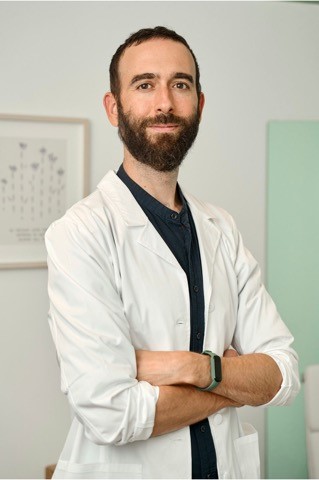
Ángel Aledo-Serrano
Madrid
Spain
SESSION TITLE: Dravet syndrome by a young neurologist
BIOGRAPHY
Ángel Aledo-Serrano MD, PhD is a neurologist and epileptologist, director of the Vithas Madrid Neuroscience Institute. His main focus of clinical and research work is in the area of neurogenetics, precision medicine and developmental and epileptic encephalopathies, including Dravet syndrome and other sodium channelopathies, MOGHE, CDKL5 deficiency disorder or SYNGAP1 encephalopathy, among others. He is very active in the social and educational aspects of DEEs, with a science dissemination platform in social media (@AledoNeuro).
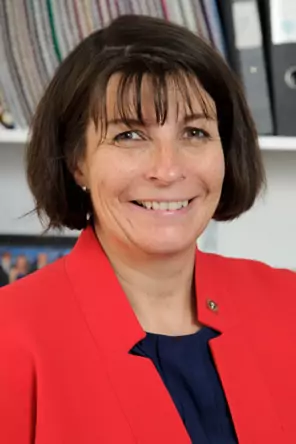
Helen Cross
London
United Kingdom
SESSION TITLE: Dravet syndrome by an experienced neurologist
BIOGRAPHY
Professor Helen Cross is The Prince of Wales’s Chair of Childhood Epilepsy, and Director of UCL-Great Ormond Street Institute of Child Health as well as Honorary Consultant in Paediatric Neurology Great Ormond Street Hospital for Children NHS Foundation Trust, London and Young Epilepsy, Lingfield, UK. Her research has been targeted at improving outcomes in early onset epilepsy, specifically in assessing the role of surgery and ketogenic diet. She has held key leadership roles both nationally and internationally. She is currently President of the International League Against Epilepsy 2021-2025, and Clinical Advisor to the National Children’s Epilepsy Surgery Service’ She developed, as Coordinator, the European Reference Network for Rare and Complex Epilepsies (EpiCARE) launched in 2017.
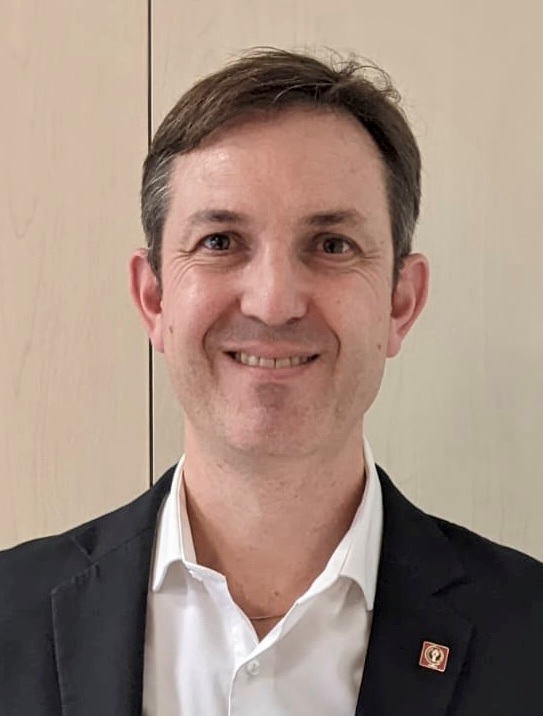
Stéphane Auvin
Paris
France
SESSION TITLE: The impact of Dravet syndrome on parents: coping strategies and support networks
BIOGRAPHY
Stéphane Auvin is epileptologist and child neurologist. He is Chair of the Pediatric Neurology Department at Robert Debré University Hospital and full professor at Paris-Cité University, France. He directs the epilepsy programme and the centre for rare epilepsies, member of the European Reference Netword Epicare. His clinical and research activities are focused on early onset pediatric epilepsies and epilepsy drug development.
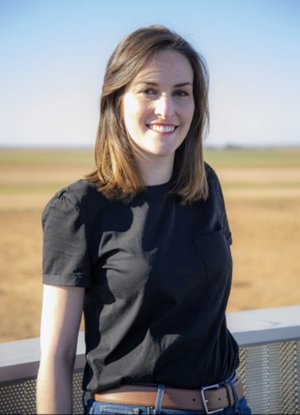
Sandra Sánchez Bravo
Albacete
Spain
SESSION TITLE: What about us? Siblings of children and adults with Dravet syndrome
BIOGRAPHY
Sandra is a 38-year-old woman who has been living with Dravet syndrome practically all her life. She has only one sibling, Gonzalo, who is 35 years old. In all her memories, her brother and Dravet syndrome were present. The disease marked her childhood, hers and the whole family’s life.
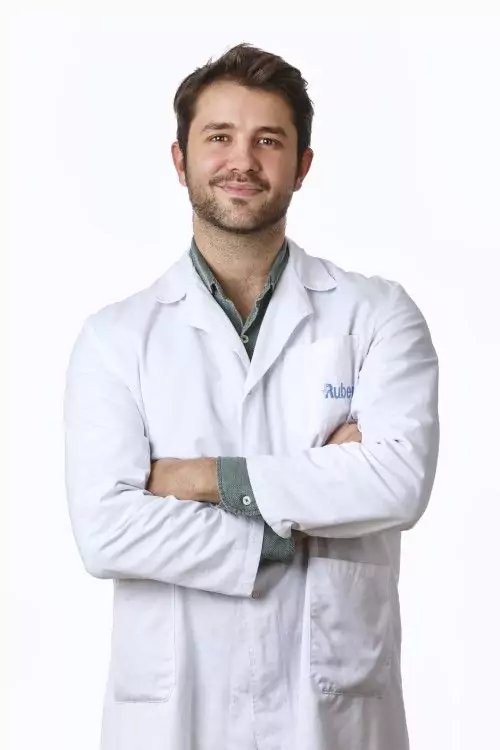
Álvaro Beltrán Corbellini
Madrid
Spain
SESSION TITLE: Deep phenotyping of non-epileptic phenomena in Dravet syndrome
BIOGRAPHY
Dr. Álvaro Beltrán-Corbellini (MD, MSc, PhD Candidate) works as a neurologist and clinical epileptologist in the Epilepsy Program of Hospital Ruber Internacional in Madrid, Spain. His main activity is focused on epilepsy genetics and developmental and epileptic encephalopathies (co-chair of the Epilepsy Genetics Unit of the Program), although also directed to video-EEG monitoring, neuroimaging, epilepsy surgery and clinical trials. As an active clinical researcher, he is author of several papers on Dravet Syndrome and other areas of epilepsy. He is active in social media platforms with respect to scientific and educational aspects of epilepsy (@EpilepsiaHRuber)
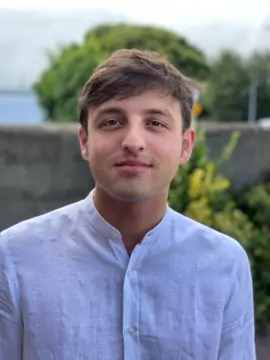
Javier Peña Ceballos
Dublin
Ireland
SESSION TITLE: The emerging role of the advanced practice epilepsy nurse
BIOGRAPHY
Javier Peña-Ceballos, MSc, RANP, is a registered advanced nurse practitioner specialising in epilepsy within the Department of Neurology at Beaumont Hospital in Dublin, Ireland. Before this role, he accumulated clinical and research experience in epilepsy at The National Hospital for Neurology and Neurosurgery, Guy’s and St Thomas’ Hospital, and King’s College London.
As an advanced nurse practitioner, he is involved in several activities within the epilepsy care programme, including rapid access seizure clinics, transition clinics, vagus nerve stimulation clinics, a telephone advice line service, outreach clinics, and providing support in scheduled consultant-led clinics. Additionally, he actively participates in research activities in genetic epilepsies, vagus nerve stimulation, and the real-world effectiveness of antiseizure medications under the supervision of Professor Norman Delanty.
His daily work consists of providing support and expertise to patients, their families, and caregivers throughout the epilepsy care journey, enhancing their quality of life in the community while minimising the need for hospital visits.
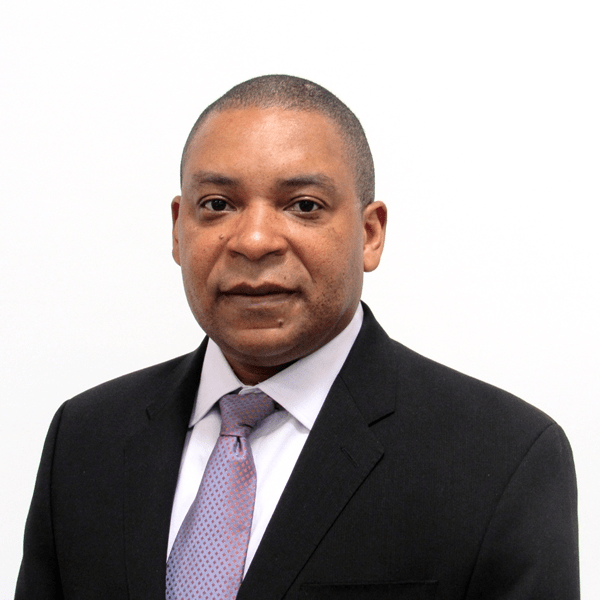
Franck Kalume
Seattle
United States
SESSION TITLE: New insights into the neurobiological mechanisms underlying SUDEP in Dravet syndrome
BIOGRAPHY
Dr Franck Kalume is an assistant professor in the Departments of Neurological Surgery, Pharmacology and Global Health at the University of Washington. He is also a principal investigator at the Center for Integrative Brain Research (CIBR) at the Seattle Children’s Research Institute.
His research interests focus on understanding the pathophysiological mechanisms of epilepsy and comorbid conditions in refractory genetic epilepsies.
His current projects focus on the use of animal models to elucidate the mechanisms of epilepsy, sleep disturbances and sudden unexpected death in three debilitating and life-threatening forms of epileptic disorders with a distinct genetic aetiology:
- Dravet syndrome (an epileptic encephalopathy often linked to mutations in the sodium voltage-gated channel gene, SCN1A).
- Focal cortical dysplasia (a brain malformation disorder recognised as the most common cause of epilepsy in children and linked to mutations in PIK3CA, an element of the PI3K-ATK-mTOR signalling pathway).
- Leigh syndrome (the most common form of childhood-onset mitochondrial disorder associated with mutations in NDUFS4, a gene encoding a component of mitochondrial protein complex I).
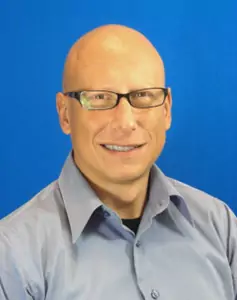
Massimo Mantegazza
Nice
France
SESSION TITLE: Longevity and mortality in Dravet syndrome animal models: insights from mice
BIOGRAPHY
Dr Mantegazza is an expert in the study of physiology, toxicology and pharmacology of ion channels and pathophysiology of neuronal excitability. He has a broad background of in vitro/in vivo electrophysiology, molecular/cell biology, microscopy and behavioral tests in mice, and has contributed to develop and study mouse and in vitro models of epilepsy, migraine and neurodevelopmental diseases, identifying specific defects in the function of specific subtypes of neurons and their consequences on network excitability and phenotype. Dr Mantegazza has studied functions and dysfunctions of ionic currents, neuronal excitability and synaptic transmission. In particular, he has disclosed gain-of-function and loss-of-function effects of genetic variants of SCN1A/Nav1.1 sodium channel, correlating them to specific phenotypes (different epilepsies and migraine) and disclosing specific mechanisms of hyperexcitability in neuronal networks. Dr Mantegazza has supervised 12 PhD students, 13 postdocs and 13 master students, and has been regularly funded in the last 20 years.
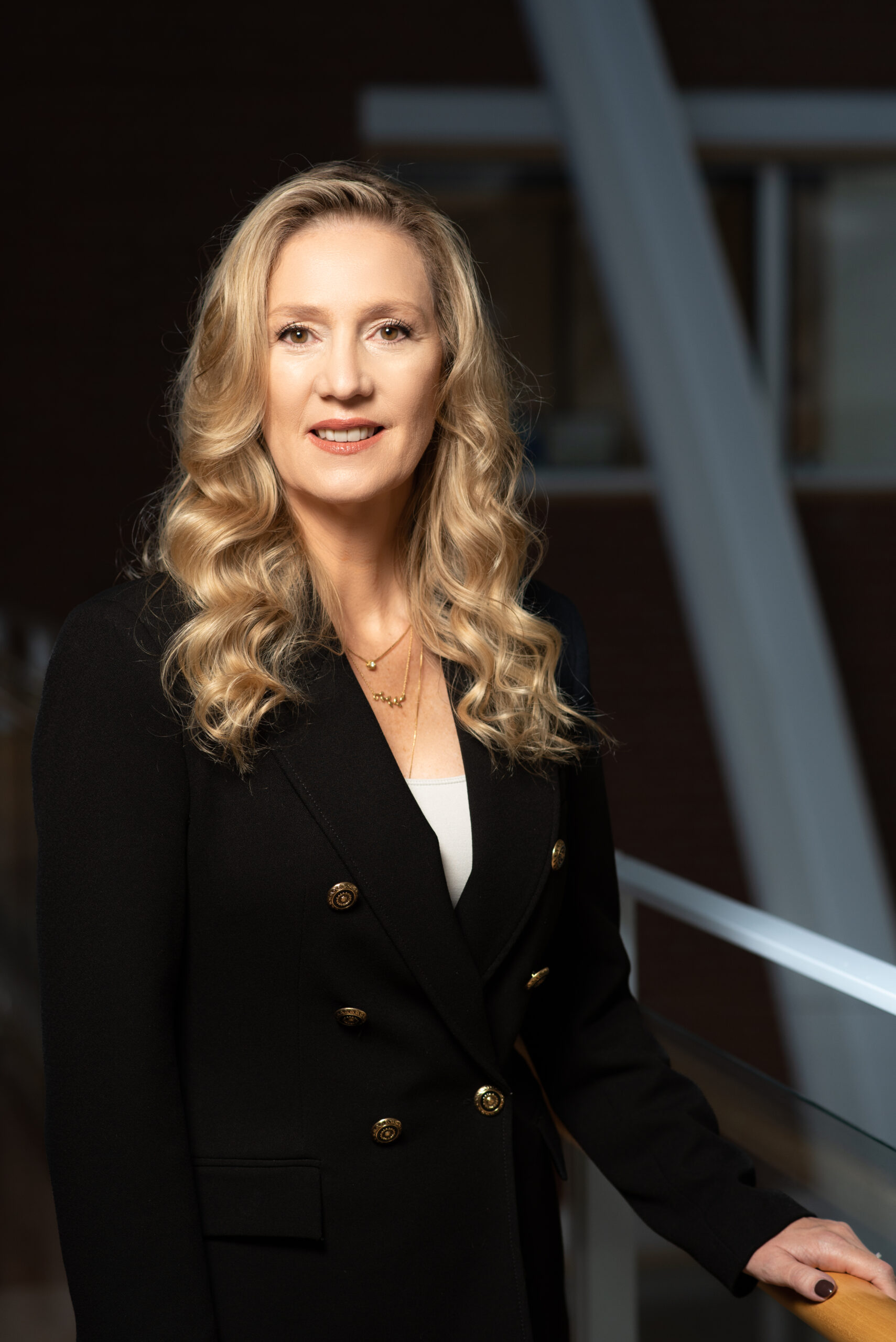
Danielle Andrade
Toronto
Canada
SESSION TITLE: Potential factors of longevity and mortality in Dravet syndrome adults
BIOGRAPHY
Dr Andrade is a Professor of Medicine (Neurology) at University of Toronto and the Medical Director of the Epilepsy Program of University Health Network, University of Toronto. She is also the Director of the Adult Genetic Epilepsy (AGE) Program at University of Toronto, a pioneer program established to promote care and research in adult genetic epilepsies. She is also the former Chair and now Co-Chair of the ILAE Task Force on Child to Adulthood Transition.
Dr Andrade’s research interests are the field of transition of care from paediatric to adult and on the area of genetic epilepsies and their natural histories. Dr Andrade and her team have identified and characterized several epilepsies and comorbidities in adults with genetic epilepsies, including Dravet syndrome. She has also identified the first gene associated with SUDEP (sudden, unexpected death in epilepsy) in patients with non-syndromic epilepsy. Her team has also discovered genes responsible for Lennox-Gastaut syndrome, Jeavon’s syndrome, teenage-onset neuronal ceroid lipofuccinosis progressive myoclonus epilepsy, among others.
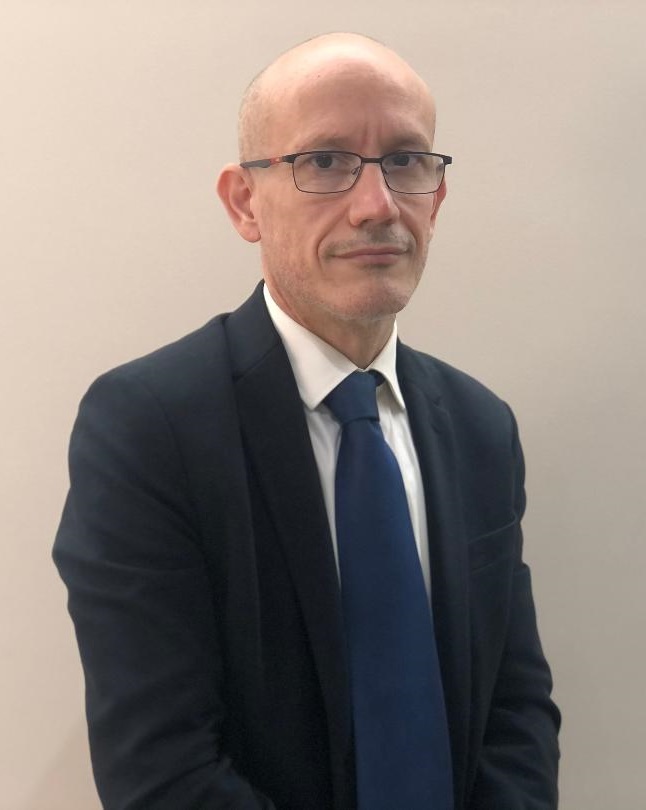
Vicente Villanueva
Valencia
Spain
SESSION TITLE: Clinical experience and recommendations on mortality and SUDEP in adults
BIOGRAPHY
Dr Vicente Villanueva is a neurologist at the Neurology Department of the Hospital Universitario y Politécnico La Fe in Valencia, where he has been working since 2004. Since 2005 he also works at the Multidisciplinary Epilepsy Unit of the Hospital Universitario y Politécnico La Fe, where he is Head of the Refractory Epilepsy Unit and of the Epilepsy Surgery Programme. He is a representative of the European Reference Network EpiCARE and a member of the Intellectual Disability Working Group of the International League Against Epilepsy. He has been Associate Professor of Neurology at the University of Valencia from 2017 to 2023 and is professor of the Master in Neuroscience at the same University, directing several PhD theses.
Dr Villanueva trained at the Fundación Jiménez Díaz, Madrid, Spain; the Epilepsy Center of the University of Alabama, Birmingham, AL, USA; the Epilepsy Center of New York University, New York, USA; and the Saint-Vincent de Paul Hospital, Paris, France.
He received his PhD in video-electroencephalography (EEG) evaluation in refractory epilepsy, and is certified in epileptology by the European Academy of Epilepsy. His current research interests include refractory epilepsy, video-EEG monitoring, epilepsy clinical trials and epilepsy surgery.
Dr Villanueva is a member of the EEG Board and the Epilepsy Guidelines Board of the Spanish Society of Neurology. He is a reviewer for the journals Neurology, Epilepsia, Epilepsy and Behaviour, Epilepsy Research, Acta Neurologica Scandinavica, European Journal of Paediatric Neurology, etc. In recent years Dr Villanueva has conducted nine courses on epilepsy, authored 130 articles on epilepsy and edited three books on epilepsy. Dr Villanueva was awarded in 2014 with the Epilepsy Scientific Award of the Spanish Society of Neurology.
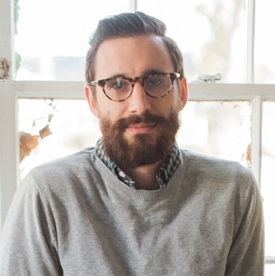
Martin Bohlen
Durham
United States
SESSION TITLE: What’s coming next in Dravet syndrome?
BIOGRAPHY
In 2016, Dr Bohlen received his PhD in neuroscience from the University of Mississippi Medical Center. His specialised training revolved around the use of neuroanatomical techniques to dissect brainstem circuits that influence gaze control in primates, cats and rodents.
Following his PhD, Dr Bohlen channelled his deep understanding of neuroanatomical connections in the primate brain to evaluate viral vectors, analysing their efficacy in targeting and initiating gene expression in the non-human primate brain. A key conclusion of his studies is that current viral constructs are not suitable for transgene delivery in the primate brain. Driven by this insight, Dr Bohlen is on a mission to perfect these viral vectors specifically for primates. He envisions a new generation of primate-adapted viral constructs with increased clinical applicability and potency.
Dr Bohlen now contributes to the field as a research scientist at Duke University in Durham, North Carolina.
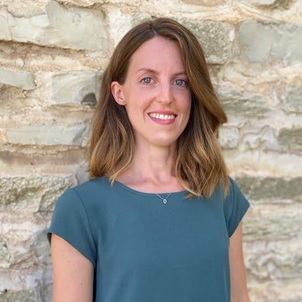
Simona Giorgi
Elche
Spain
SESSION TITLE: Update on the research pipeline for Dravet syndrome
BIOGRAPHY
Graduated with honours in Quality Control of Health Products and Master in Pharmaceutical Biotechnologies at the University of Bologna. Simona has worked as a pre-doctoral researcher in neuroscience.
During her time at UMH-IDiBE, Simona has led research projects focused on the development of an innovative in vitro model of human sensory neurons. This model is based on the generation of neurons from human fibroblasts using lentiviral vectors and small molecules. She has also achieved a significant breakthrough by establishing a compartmentalised culture of neurons, allowing the differential analysis of the periphery and the cell body of neurons.
Simona also enriched her expertise through a stay at Semmelweis University in Budapest, where she investigated an in vitro model of human neurons. Throughout her career, she has been an active collaborator in several basic and translational research projects, focusing on the study of sensory neurons and ion channels. Her results have been successfully published in high impact journals.
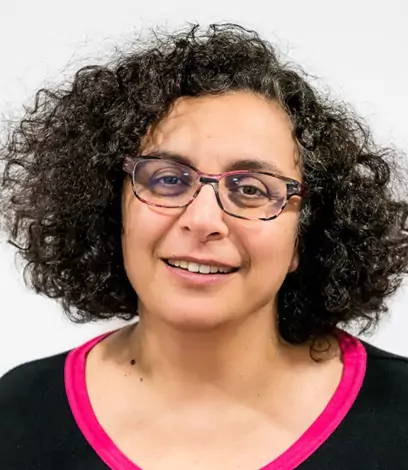
Rima Nabbout
Paris
France
SESSION TITLE: The future of clinical trials in rare and complex epilepsies
BIOGRAPHY
Professor of Pediatric Neurology University Paris Cité, Paris, France
Rima Nabbout, MD, PhD, is professor of paediatric neurology at Université Paris cité and director of the French Reference Centre for Rare Epilepsies at Necker-Enfants Malades, Paris, France.
She is member of EJP-RD (European Joint Programme on Rare Diseases), leading the WP20 on innovation in clinical trials in RD; of ERN (European Reference Networks) EpiCARE steering committee and research council and of IRDiRC (International Rare Diseases Research Consortium).. She is president of the scientific committee of the BNDMR (Banque Nationale de Données Maladies Rares), coordinator of the task force on transition of the International League Against Epilepsy, and core member of 2 task forces on nosology and Big Data.
Professor Nabbout’s research at Institut Imagine (Director of the chair of Epilepsy and leading the epilepsy program at INSERM U1163, Translational Research for Neurological Diseases) is focused on childhood rare epilepsies, aiming to syndromes’ delineation, deep phenotyping, defining disease impact and underlying mechanisms. She is principal investigator in clinical trials on rare epilepsies with development of patient-centred end-points and innovative methodologies for personalized therapies. She has authored more than 300 peer-reviewed papers and received Horizons 2020, FP7, national grants, and philanthropic funds, mainly from FAMA Swiss funds.
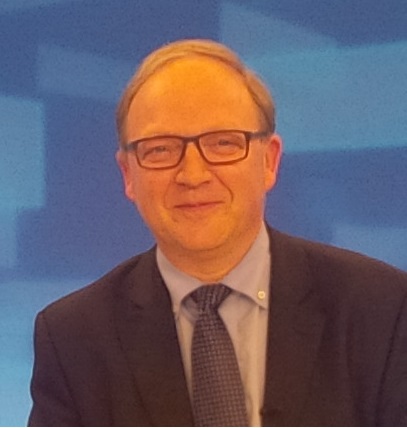
Lieven Lagae
Leuven
Belgium
SESSION TITLE: Next generation serotonergic drugs for drug-resistant epilepsies
BIOGRAPHY
Lieven Lagae is Full Professor and Head of Paediatric Neurology Department at the University Hospitals of Leuven, Belgium. He has a particular clinical and scientific interest in childhood epilepsy and is involved in many research projects including zebrafish epilepsy models, brain stimulation, preventive treatment in TSC, the use of fenfluramine and analogues in Dravet and refractory epilepsy syndromes.
Lieven Lagae is the past President of the European Paediatric Neurology Society (EPNS) and he is one of the Directors of the European Brain Foundation and Member of the Steering Committee of EpiCARE, the European Reference Network for rare and complex epilepsies. He serves at several scientific journal editorial boards and pharma company advisory boards.
He received the ‘Cures within Reach Patient Impact Clinical Award’ in 2017, the 2019 Honorary Award of German speaking Paediatric Neurology Society and the 2019 Aicardi Award of the EPNS.
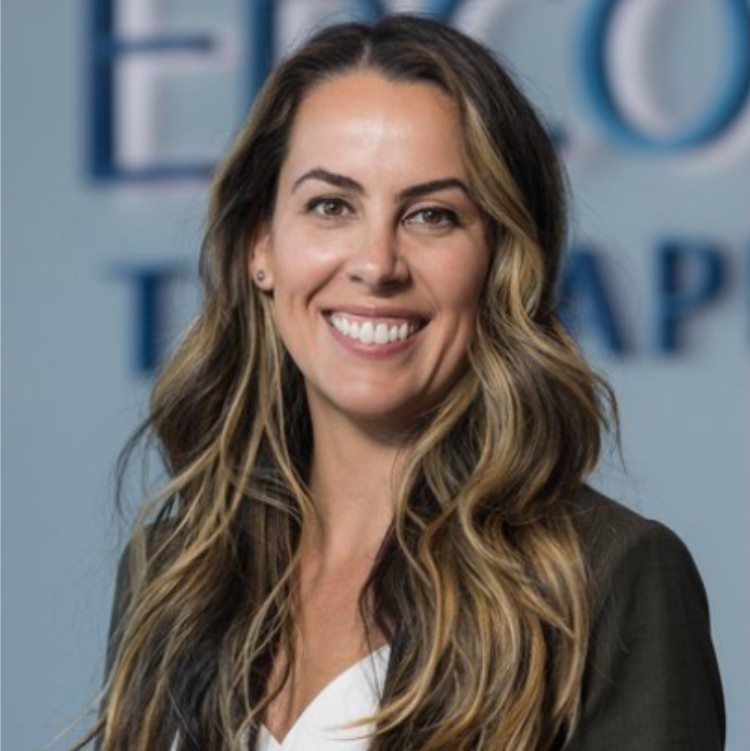
Maria Candida Vila
San Francisco
United States
SESSION TITLE: Clinical update on ETX101 for the treatment of SCN1A+ Dravet syndrome
BIOGRAPHY
Dr. Maria Candida Vila has over a decade of experience in the medical and scientific arenas. She is currently Director of Medical Affairs at Encoded Therapeutics, where she plays a key role in advancing gene regulation therapies for pediatric CNS disorders, including Dravet syndrome.
Since joining the company in April 2020, Dr. Vila has leveraged her expertise to enhance cross-functional collaboration, supporting both research and clinical development as well as patient and medical engagement efforts. Her professional journey includes Audentes Therapeutics, Cytokinetics, Children’s National Health System, and The Scienomics Group, a Healthcare Consultancy Group Company. Dr. Vila earned her Ph.D. in Immunology and Microbiology from The George Washington University (2012-2016), after completing her Master of Science degree in Public Health/Microbiology from the same institution (2009-2012). Dr. Vila also holds a Doctor of Pharmacy (PharmD) degree from the University de São Paulo, Brazil (2003-2007). Committed to advancing gene therapies for rare diseases, Dr. Vila collaboratively focuses on improving patient outcomes in the biomedical field.
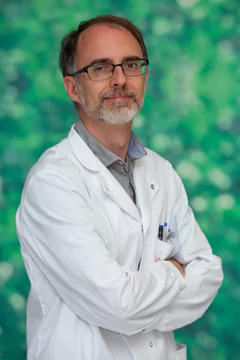
Rubén Hernández
Pamplona
Spain
SESSION TITLE: Development and evaluation of adenoviral vectors for preferential expression of SCN1A in GABAergic neurons
BIOGRAPHY
Ruben Hernandez-Alcoceba graduated in Medicine (1994) and obtained his PhD (1998) in Spain. His post-doctoral training was in the field of oncolytic adenoviruses in the Cancer Center of the University of Michigan (Ann Arbor, MI, USA, 1998-2002). In 2003 he obtained a researcher position in the Center for Applied Medical Research (University of Navarra, Pamplona, Spain). Since then he has designed and evaluated adenoviral vectors for cancer immunotherapy, as well as adenoviral and AAV vectors for the treatment of genetic diseases such as Wilson´s disease, cerebrotendinous xanthomatosis and Dravet syndrome. His team has pioneered gene supplementation approaches for the treatment of Dravet syndrome.
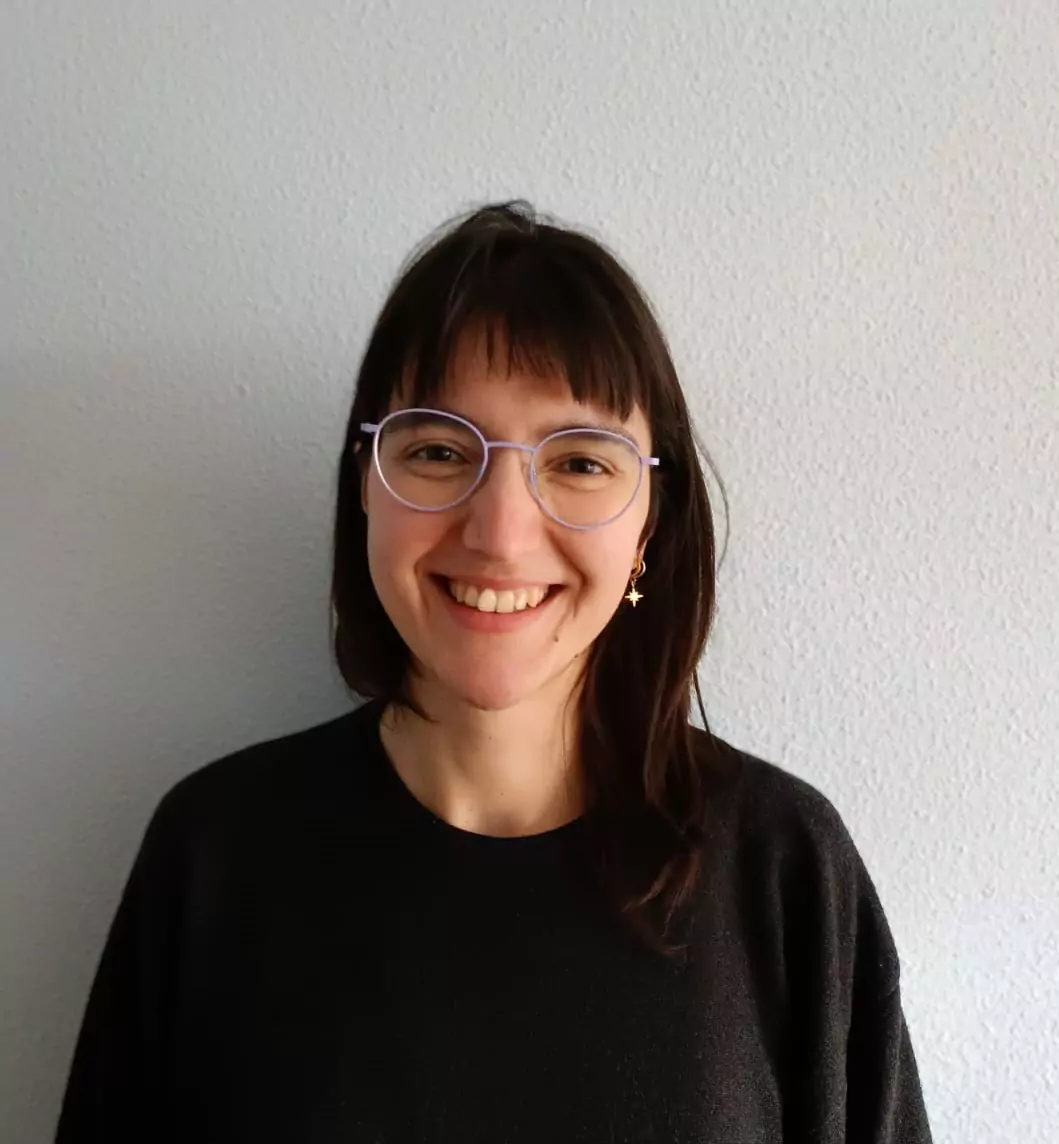
Maria Ballarà Petitbò
Madrid
Spain
SESSION TITLE: DS’coverED project: Understanding and modeling the different steps of Dravet syndrome
BIOGRAPHY
Maria Ballarà Petitbò MD, is a pediatric neurologist currently working at the Hospital Universitario Infantil Niño Jesús in Madrid. Her daily clinical practice is mostly based on the care of children with developmental and epileptic encephalopathies, as well as refractory epilepsies of other multiple etiologies. In the research area, her work is mainly focused on the study of autoimmune-associated epilepsies and the development of biomarkers and new therapeutic options for these diseases. She also participates in various clinical trials investigating the use of targeted therapies for epileptic encephalopathies such as Tuberous Sclerosis Complex or Lennox-Gastaut syndrome, among others.
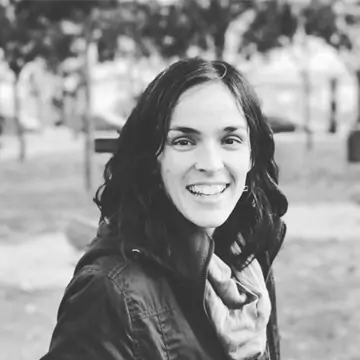
Judith Marín Corral
Madrid
Spain
SESSION TITLE: The power of AI and machine learning to diagnose, treat and manage rare disease patients
BIOGRAPHY
As an intensive care physician with 12 years of experience in healthcare, her journey has been deeply intertwined with both clinical practice and research. Her passion for medical exploration ignited during her medical school years when she was awarded a scholarship, leading to the completion of her doctoral thesis on muscle dysfunction in patients with COPD. Following this academic pursuit, she embarked on her residency at Joan XXIII Hospital in Tarragona, where she honed her skills in clinical data management.
Transitioning into her role as an intensivist, she assumed the position of coordinator for the ICU Research Group at Hospital del Mar. Her focus remained steadfast on investigating muscular dysfunction in critically ill patients, culminating in the leadership of multicenter projects and the publication of numerous impactful studies.
In 2022, she embarked on a pivotal career move by joining Savana, a trailblazing company specializing in comprehensive clinical data management. Here, leveraging cutting-edge technologies such as Natural Language Processing and Artificial Intelligence, Savana extracts valuable insights from electronic medical records (structured and unstructured information). As the head of the medical team, she spearhead initiatives aimed at developing innovative strategies for the diagnosis and treatment advancement of rare diseases, utilizing Savana’s advanced technological capabilities.
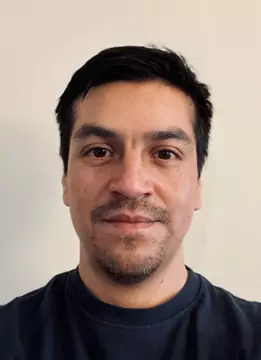
Juan Antinao Díaz
London
United Kingdom
SESSION TITLE: AAV-mediated gene targeting of natural antisense transcript as a novel treatment for Dravet syndrome
BIOGRAPHY
Dr Juan Antinao Diaz is a postdoctoral researcher at Institute for Women’s Health (IfWH), UCL, where he works on developing a novel pre-clinical gene therapy approach for Dravet Syndrome in Dr Karda’s laboratory. He obtained his MSc in Neuroscience from UCL in 2014, after studying physiotherapy at the University of Chile and working in the rehabilitation of neurological patients. Juan completed his PhD in 2020 at IfWH UCL, in a pre-clinical gene therapy for Dravet Syndrome. Juan is a member of the IfWH Equality, Diversity and Inclusion committee and in a member of Early Career Researchers committee. He is heavily involved in organising the summer school at IfWH. Juan is also a member of the British Gene and Cell therapy Society, participating in the Public and Patient Engagement sub-committee.
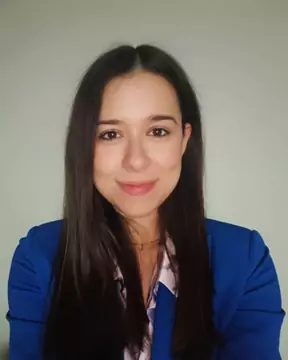
Martina Mainardi
Milano
Italy
SESSION TITLE: Investigating constitutive or late restoration of Nav1.1 in interneurons in a Dravet mouse model
BIOGRAPHY
Martina Mainardi is currently in her first year of the Ph.D. program in Molecular Medicine at the University of Vita Salute San Raffaele in Milan, Italy. She initiated her scientific journey as a master’s thesis student in the research team led by Gaia Colasante at San Raffaele Hospital. Subsequently, she continued in the same team, progressing from a research fellow to a doctoral student. Her primary research interest revolves around Dravet Syndrome, specifically exploring the involvement of diverse neuronal populations and brain regions in its pathophysiology using animal models of the disease.
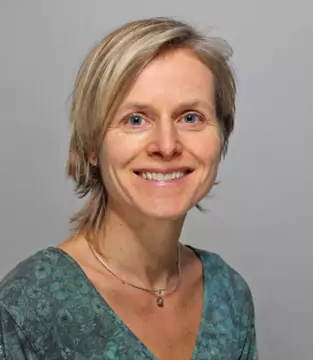
Else A. Tolner
Leiden
Netherlands
SESSION TITLE: Functional EEG markers for indicating anti-seizure medication efficacy in Dravet Syndrome
BIOGRAPHY
Dr. Tolner is Assistant Professor at the Leiden University Medical Centre (LUMC), the Netherlands, where she has been working since 2011. Her research focuses on uncovering pathophysiological mechanisms and therapeutic targets for epilepsy and co-morbid migraine. To that end, she integrates data from functional studies in transgenic animal models with EEG findings from patients. She obtained her PhD in 2005 on neuroplasticity processes in epilepsy from the University of Amsterdam, under supervision of late Prof. Dr. Fernando Lopes da Silva. As postdoctoral researcher she worked in the lab of late Prof. Uwe Heinemann at the Charite, Berlin, and afterwards at Helsinki University in the team of Prof Kai Kaila, studying cortical network dynamics in epilepsy. She has received funding for her epilepsy and SUDEP studies through a Marie Curie Career Integration Grant (2011), CURE SUDEP award (2014) and Dutch League against Epilepsy Grants (2016 & 2022). Ongoing preclinical epilepsy studies concern identification of EEG indicators for seizure risk and treatment response in the Dravet Scn1a knock-out model.
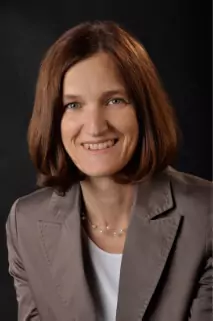
Heidrun Potschka
Munich
Germany
SESSION TITLE: New therapies: Pros and cons about different approaches
BIOGRAPHY
Heidrun Potschka holds the Chair and is Professor of Pharmacology, Toxicology and Pharmacy at the Veterinary Faculty of the Ludwig-Maximilians-University in Munich.
Her research related to pathophysiology and pharmacotherapy of epilepsies has focused on mechanisms of pharmacoresistance and the identification and validation of novel targets and biomarkers for epilepsy management. Among others the work has contributed to preclinical testing of several now approved antiseizure medications. In recognition of her research, she received several awards including the international Michael Prize.
She has served as a committee member of different national and international committees and task forces including the ILAE Neurobiology commission, the ILAE AES Joint Translational Task Force and the ILAE Research and Innovation Task Force. Moreover, she is an associate editor of the journal Epilepsia.
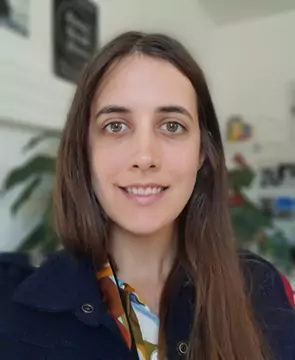
Jacqueline Heighway
Nice
France
SESSION TITLE: Negative dominance: A novel Dravet pathomechanism for therapeutic target and patient stratification
BIOGRAPHY
Jacqueline Heighway is a post-doctoral scientist whose research focus is on neurodevelopmental disorders caused by genetic variants of voltage-gated sodium channels. She studies the functional impact of sodium channel variants identified in patients and utilizes sequencing data to identify the expression patterns of brain sodium channels in the development of humans and model organisms. She obtained her PhD in the field of neuroscience from the University of Melbourne School of Medicine, Dentistry and Health Sciences, Australia and is now based at the Institut de Pharmacologie Moléculaire et Cellulaire affiliated with the Centre National de la Recherche Scientifique, the Institut National de la Santé et de la Recherche Médicale, and the Université Côte d’Azur, Nice, France.
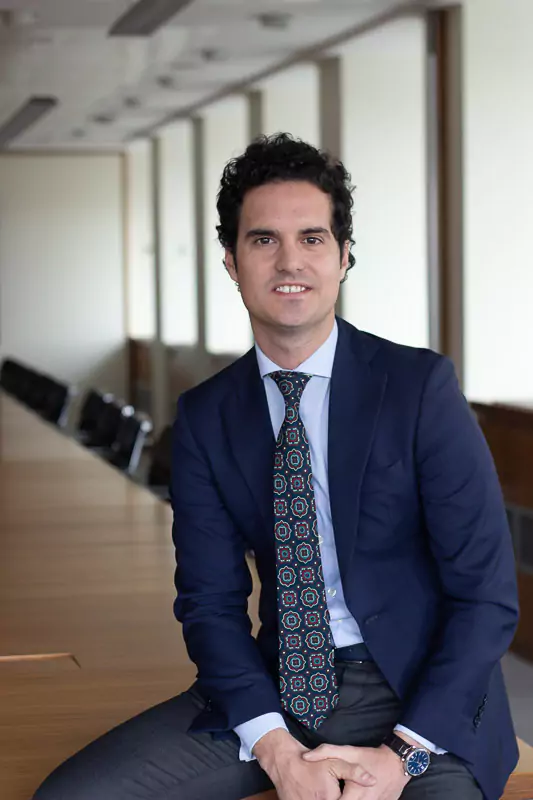
Álvaro Abad
Madrid
Spain
SESSION TITLE: How to successfully manage the challenges of developing advanced therapies for CNS disorders
BIOGRAPHY
A graduate in Law and Business Administration and Management from the Universidad Francisco de Vitoria, Álvaro has been a Senior Associate in Public Law and Regulated Sectors at Hogan Lovells Madrid since 2013.
Álvaro specializes in pharmaceutical law and advises pharmaceutical and biotech companies on a daily basis on legal issues related to medicinal products and the pharmaceutical industry, from clinical trials, early access, marketing authorization or pricing & reimbursement, to promotion and compliance issues, interactions with healthcare professionals and organizations and patient advisory groups or disputes at Farmaindustria and Autocontrol. Álvaro also provides on a regular basis advice on public procurement in the healthcare sector and is the point of contact at Hogan Lovells Madrid for Life Sciences & Health Care regulatory matters.
Álvaro is a member of the Scientific Committee of the Dravet Syndrome Foundation Spain and his work has been recognized by publications and legal directories such as Iberian Lawyer in its Forty under 40 awards in the Life Sciences Pharma category or as Recommended Lawyer in Legal 500 noting that “he is analytical and decisive, with extensive technical and legal knowledge”.
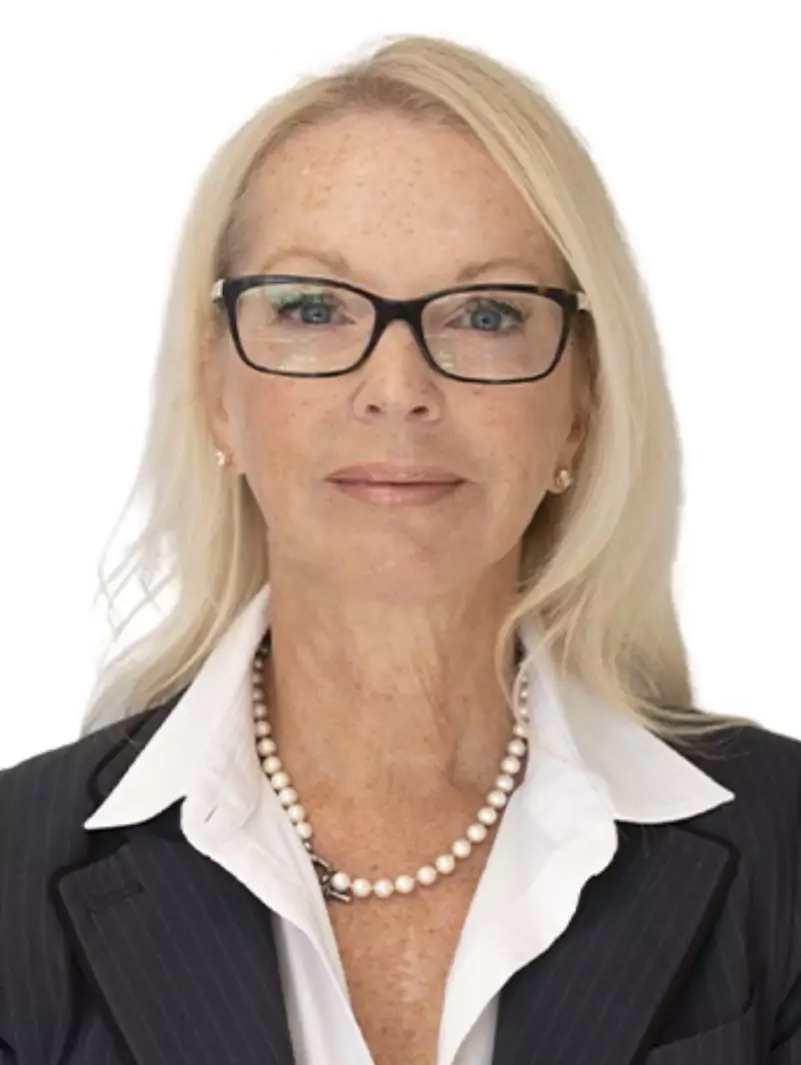
Krista Armstrong
New Jersey
United States
SESSION TITLE: How to successfully manage the challenges of developing advanced therapies for CNS disorders
BIOGRAPHY
Dr. Krista Armstrong has over 26 years of experience delivering clinical trials in neuroscience. She is currently Senior Vice President & Head of the Global Neurosciences Business Unit, at Premier Research (a contract research organization (CRO), where she is responsible for the teams accountable for the overall strategy and delivery of studies in neurology and psychiatry.
Her experience includes a focus in pediatric CNS disorders starting when Premier Research was the Coordinating Center for the Best Pharmaceuticals for Children’s Act (BPCA) with the National Institutes of Child Health and Development (NICHD) in 2003. A study in status epilepticus, and the first ever (US) approved process for the exception to informed consent, was a part of the work delivered under the BPCA Coordinating Center. Her teams have managed multiple studies in rare epilepsies, including trials that lead to an orphan drug approval for seizures associated with Lennox-Gaustat Syndrome and Dravet Syndrome in patients two years of age and older.
Since joining the company in 1997, Dr. Armstrong has held multiple positions of leadership across all functions within project delivery. She serves as a primary point of contact ,as an executive leader, for Sponsor companies Premier Research collaborates with for execution of their development programs. She holds a doctorate in neuroscience from the University of Florida.
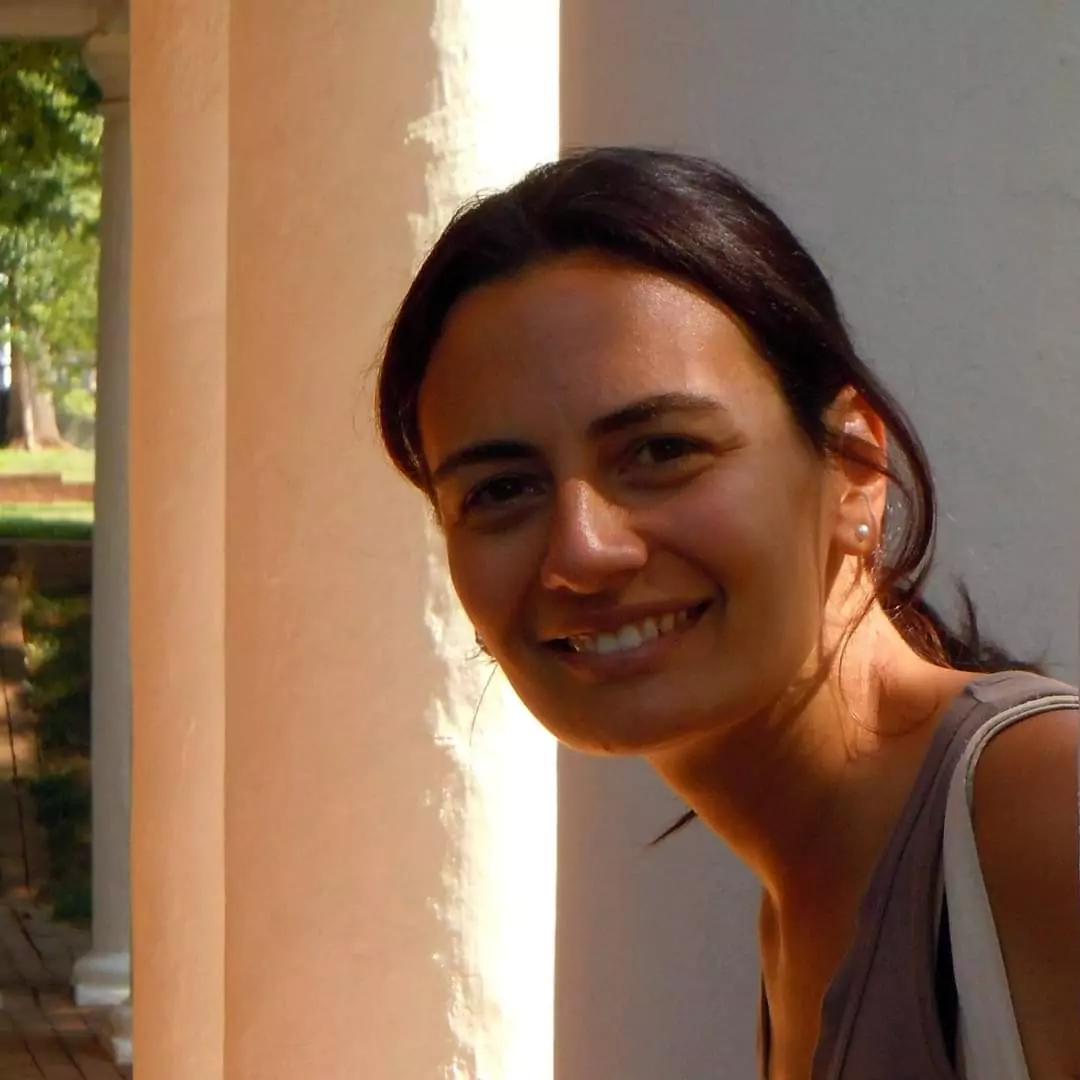
Gaia Colasante
Milano
Italy
SESSION TITLE: Research Talk Session III
BIOGRAPHY
Dr. Gaia Colasante obtained her Master degree in Biotechnology from the University of Milan and her Ph.D. in Neuroscience and Molecular Medicine from Vita-Salute San Raffaele University, working in the laboratory of Dr. Vania Broccoli. She was interested in forebrain development and particularly analyzed the contribution of the transcription factor Arx in these processes. This interest led her to the Children’s Hospital of Philadelphia in Professor Jeffrey Golden’s lab, where she continued studying the role of the transcription factor Arx in GABAergic interneuronal migration using time-lapse imaging techniques. Upon returning to San Raffaele Hospital, she focused on cellular reprogramming, defining a cocktail of transcription factors capable of converting fibroblasts and pluripotent stem cells into GABAergic interneurons as a cell source for cell replacement therapies in epilepsy. More recently, she has utilized the CRISPR/dCas9 activator strategy to enhance the regulation of therapeutic genes in genetic and non-genetic forms of epilepsy. She is now a project leader at San Raffaele Hospital, managing a small team dedicated to the development of gene therapy for the treatment of Dravet syndrome and other neurological developmental disorders.
She has recently joined the International League Against Epilepsy Advanced Gene Therapies Task Force and she is a member of the scientific advisory board of the Dravet Syndrome Foundation.
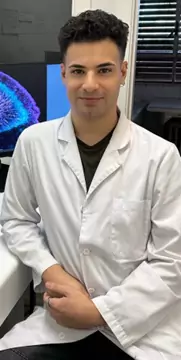
Álvaro Sierra
Madrid
Spain
SESSION TITLE: Study of the myelination process in a murine model of Dravet Syndrome: Implications of cannabinoids
BIOGRAPHY
Álvaro Sierra is a first year PhD student in Biochemistry, Molecular Biology and Biomedicine in the Complutense University of Madrid. His research work is developed in the cannabinoids group of the Faculty of Medicine. With almost three years of experience researching on Dravet Syndrome, his doctoral thesis aims to study the pathophysiological processes related to DS and the therapeutic potential of cannabinoid compounds in this disease.
More speakers coming soon!
Venue
The European Dravet Syndrome Conference 2024 will take place at the Official College of Nursing of Madrid (Spain), located in the former factory of the American sewing machine company Singer, an emblematic building of the 20th century. The venue is located at Avenida de Menéndez Pelayo, 93, in the heart of the city and less than 10-minute walk away from Paseo del Prado and Atocha station.
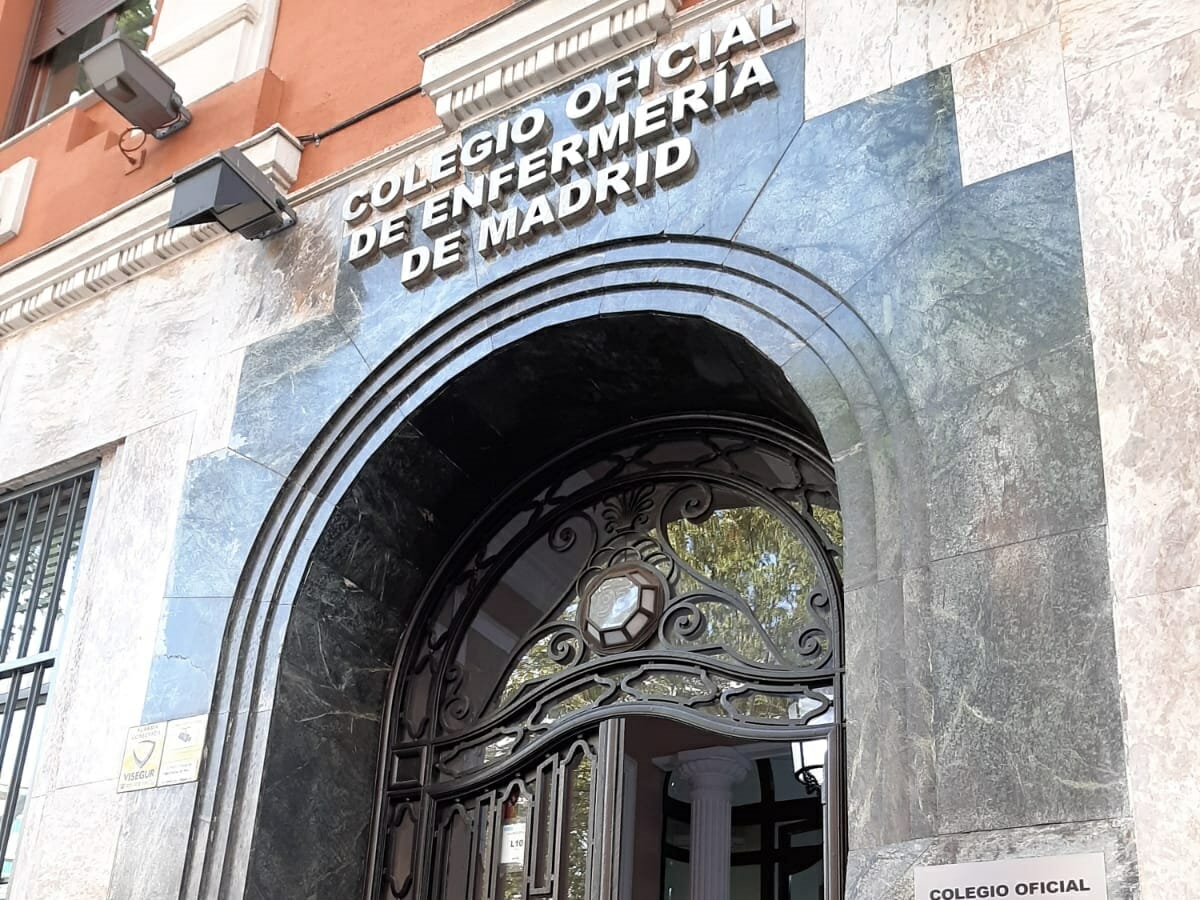
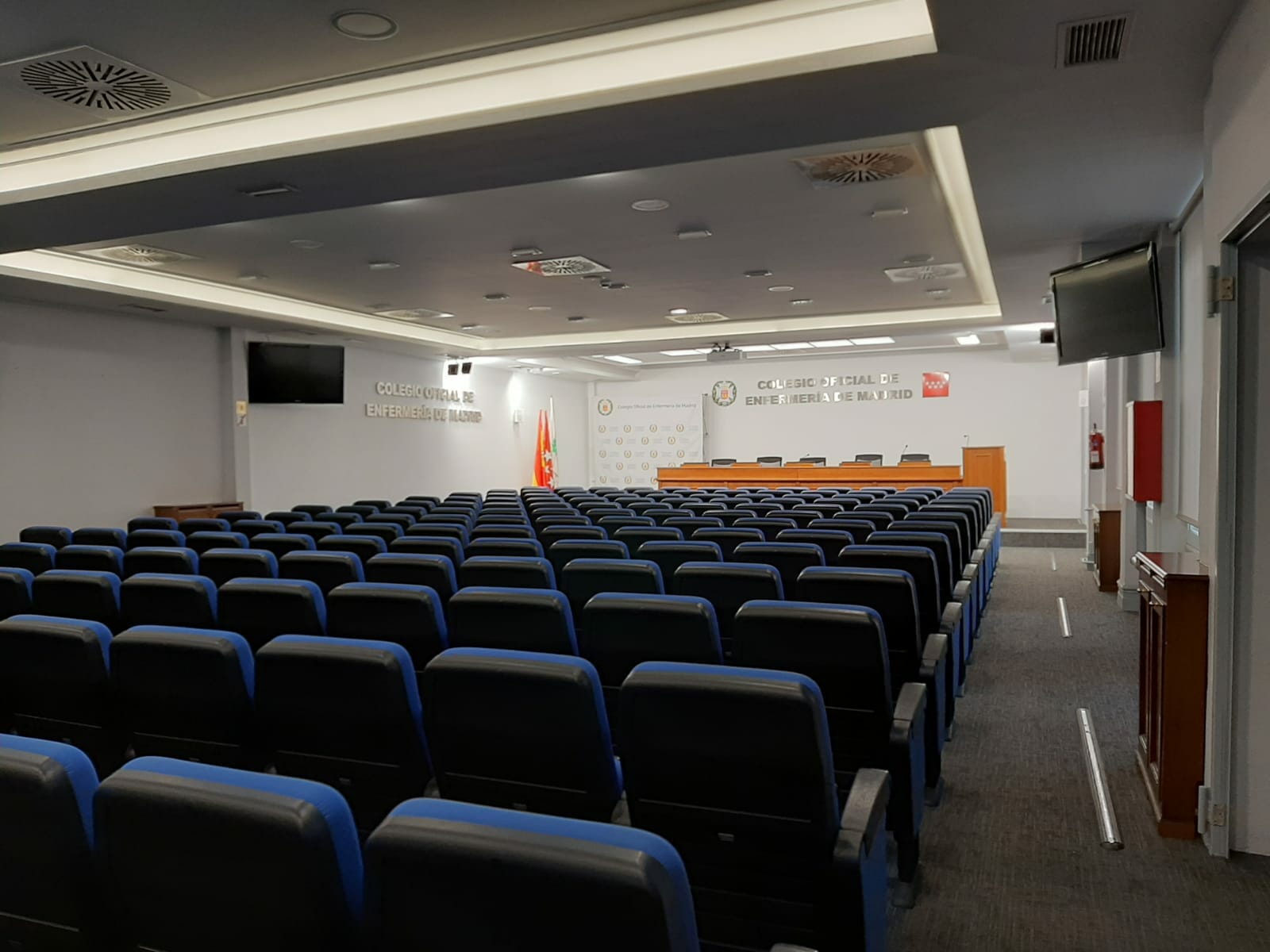
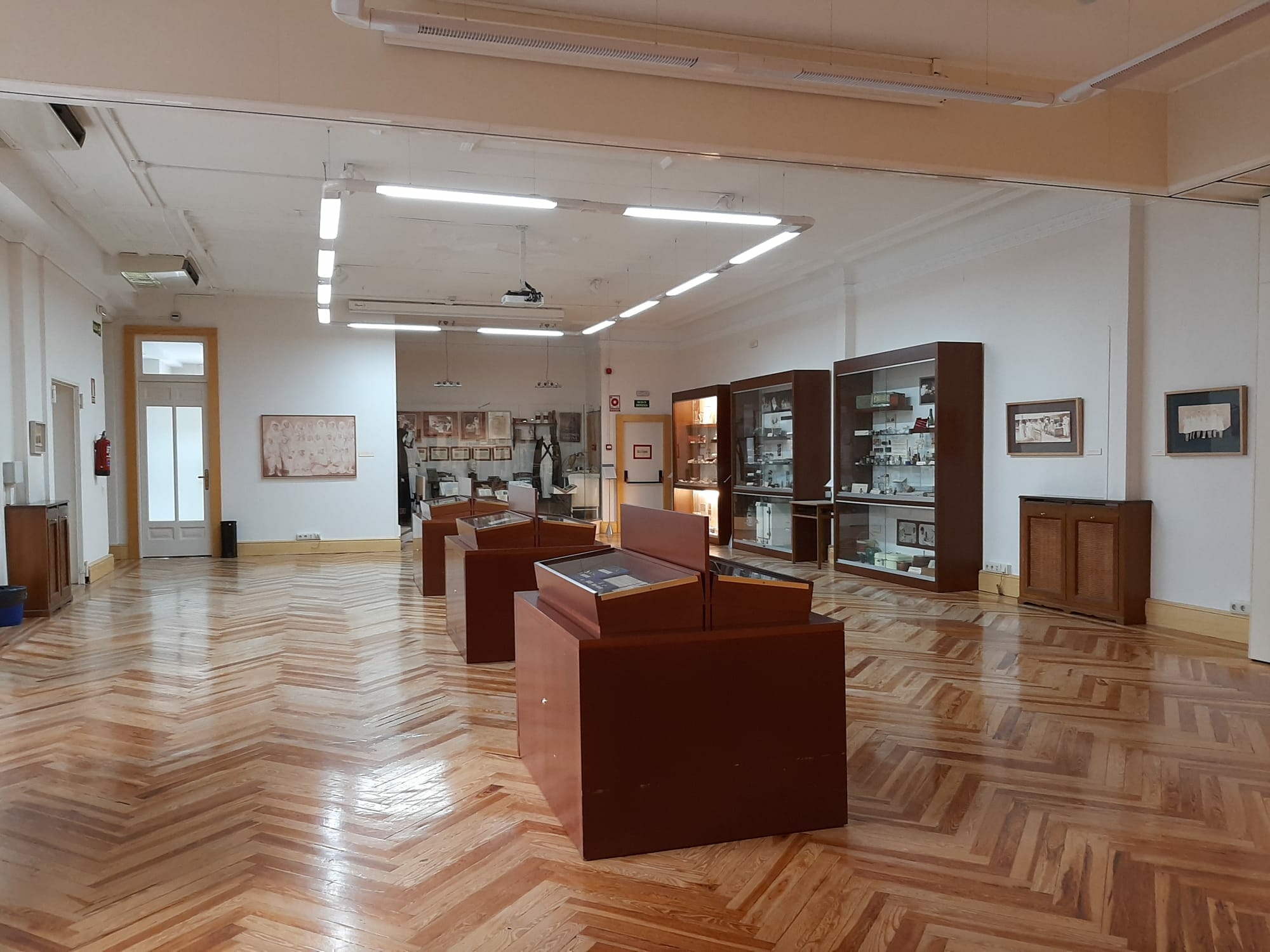
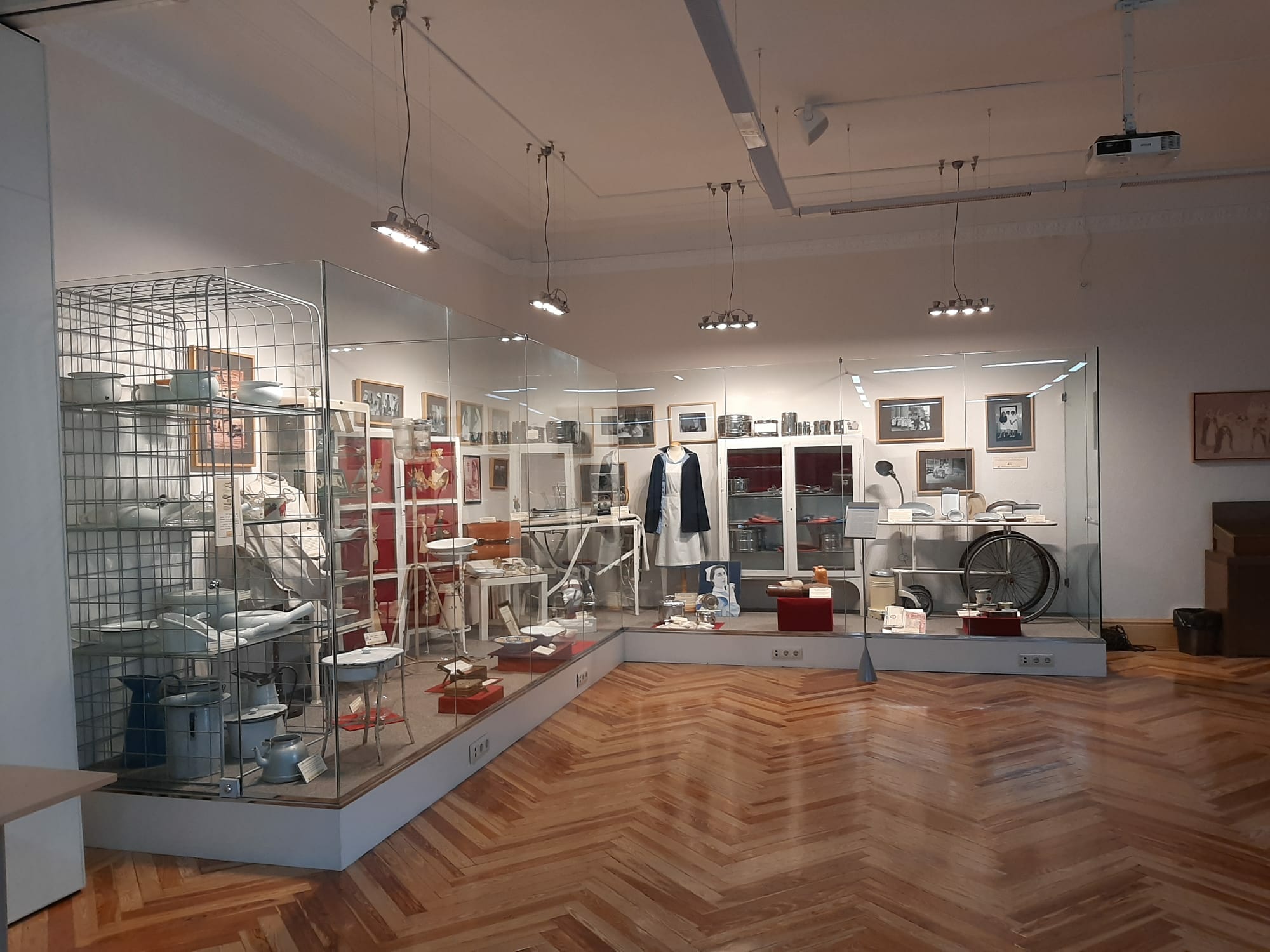
Accommodation
If you are looking for a comfortable and convenient accommodation for the European Dravet Syndrome Conference 2024, you might want to check out Rafaelhoteles Atocha, a 4-star hotel near the conference venue as well as Atocha station in Madrid.
As a special offer for the conference attendees, Rafaelhoteles Atocha is giving a 20% additional discount on web rates. To book your room, visit their official website here and use the promo code CONGRESODRAVET2024. Don’t miss this opportunity to enjoy a pleasant stay at Rafaelhoteles Atocha!
Become a sponsor
As a patient organisation, we rely on the generosity of corporate sponsors to help us carry out our foundational activities.
Contact us at [email protected] and find out our various sponsoring options!
Registration
Attendance to the conference is free of charge, but mandatory for organisational reasons. You just need to fill in the fields below to register for the European Dravet Syndrome Conference 2024, that shall take place on Thursday 14th and Friday 15th of March 2024 in Madrid. At no cost, the registration includes coffee and beverages, lunch, attendance to all sessions and the conference materials.
For more information on this event, visit the Home page.
Reunión Anual de Familias
Cuándo y Dónde: 16 de marzo de 2024 en Madrid
- Inicio
- Agenda
- Lugar del encuentro
- Alojamiento
- Patrocinadores
- Inscripción
Un año más y con mucha ilusión, la Fundación Síndrome de Dravet ya está organizando la Reunión Anual de Familias 2024, en la que podréis ver de primera mano los logros de la Fundación y de la investigación en esta enfermedad, así como algunas de las novedades más destacadas en el plano social. Este encuentro nos brinda además la ocasión ideal para reunirnos e interactuar con otras familias que comparten la misma enfermedad y de intercambiar experiencias, dudas y esperanzas.
La Reunión Anual de Familias volverá a celebrarse en Madrid, más concretamente el sábado 16 de marzo de 2024 en el Colegio Rafaela Ybarra, un centro educativo que dispone de todas las instalaciones para que la reunión sea todo un éxito.
El período de inscripción está abierto hasta el miércoles 21 de febrero de 2024 a las 23.59 horas, rellenando el formulario de inscripción con los datos de aquellas personas del ámbito familiar que vayan a asistir a este encuentro (no es necesario incluir los datos de aquellos miembros de la familia que no vayan a asistir).
Al igual que hicimos en nuestros últimos encuentros anuales, aunque aún estamos trabajando en definir el establecimiento donde nos alojaremos, la Fundación Síndrome de Dravet volverá a hacerse cargo del alojamiento de aquellas familias de la Fundación que sean de fuera de Madrid y que efectivamente necesiten alojamiento para el fin de semana, con el fin de facilitar e incentivar la participación de todas las familias que integran la Fundación Síndrome de Dravet. También, nos encargaremos del catering y de otros detalles necesarios para la jornada del encuentro.
Durante el encuentro anual, la Fundación pondrá en marcha también un servicio de cuidadores y de actividades lúdicas para las personas con síndrome de Dravet y sus hermanos, contando para ello con profesionales especializados en la materia.
A pesar de que aún quedan unos meses para esta cita, ya estamos trabajando a fondo tanto en el programa como en el resto de detalles para que podamos disfrutar de un día estupendo junto con las demás familias Dravet que asistirán desde distintos lugares de España y más allá.
¡Os esperamos a todos!
Agenda
08.45 – 09.15
Bienvenida a las familias
09.15 – 09.45
Inauguración y presentación del encuentro
José Ángel Aibar, Fundación Síndrome de Dravet
09.45 – 10.00
Presentación de nuevas familias
Amparo Bastos, Fundación Síndrome de Dravet
10.00 – 10.20
La Fundación Síndrome de Dravet
José Ángel Aibar, Fundación Síndrome de Dravet
10.20 – 10.40
Estudio sobre la implicaciones cardíacas en el síndrome de Dravet
Roger Esmel y Laia Turón, Hospital de la Santa Creu i Sant Pau
10.40 – 11.10
La longevidad y la mortalidad en el síndrome de Dravet
Danielle Andrade, Universidad de Toronto
11.10 – 11.40
Descanso
11.40 – 12.00
Fenotipado de los fenómenos no epilépticos en el síndrome de Dravet
Antonio Gil-Nagel, Hospital Ruber Internacional
12.00 – 12.30
Del descubrimiento de los canales de sodio a la terapia génica
Franck Kalume, Universidad de Washington
12.30 – 13.00
Investigación: Fármacos en caminos
Simona Giorgi, Fundación Síndrome de Dravet
13.00 – 13.30
Introducción a la terapia génica mediada por virus adenoasociado (AAV) como opción de tratamiento para enfermedades genéticas
Candida Vila, Encoded Therapeutics
13.30 – 14.00
Manejo del status epiléptico y reanimación cardiopulmonar en el síndrome de Dravet
María Lorenzo Ruiz, Hospital Universitario Puerta de Hierro
14.00 – 16.00
Comida
16.00 – 16.30
Cuando las crisis mejoran y empeora la conducta: ¿qué hacer?
Neus Mari Cardona, Synaptia Health Projects
16.30 – 17.00
Técnicas de autoprotección para el síndrome de Dravet
Israel Bárcenas, Sé Defenderme Sola
17.00 – 17.50
El papel de las familias en la educación afectivo-sexual de personas con síndrome de Dravet
Natalia Rubio Arribas, Asociación Estatal Sexualidad y Discapacidad
17.50 – 18.15
Descanso
18.15 – 18.45
Certificado de discapacidad, dependencia y medidas legales de apoyo
Valeria Herrera, Fundación Síndrome de Dravet
18.45 – 19.00
Premios Dravet 2023
José Ángel Aibar, Fundación Síndrome de Dravet
19.00
Clausura del encuentro
José Ángel Aibar, Fundación Síndrome de Dravet
Lugar del encuentro
Un año más, la Reunión Anual de Familias 2024 tendrá lugar en el Colegio Rafaela Ybarra, en Avda. Rafaela Ybarra, 73 de Madrid.
Este colegio es un centro integrado que imparte enseñanzas desde Educación Infantil hasta Ciclos Formativos de Formación Profesional y Bachillerato. La titularidad del centro la ostentan las religiosas de los Ángeles Custodios y su nombre se debe a Rafaela Ybarra, beatificada por el Papa Juan Pablo II en 1984 por su labor con la infancia y juventud femenina.
Este centro educativo cuenta con todas las instalaciones necesarias para acoger nuestro encuentro de familias.
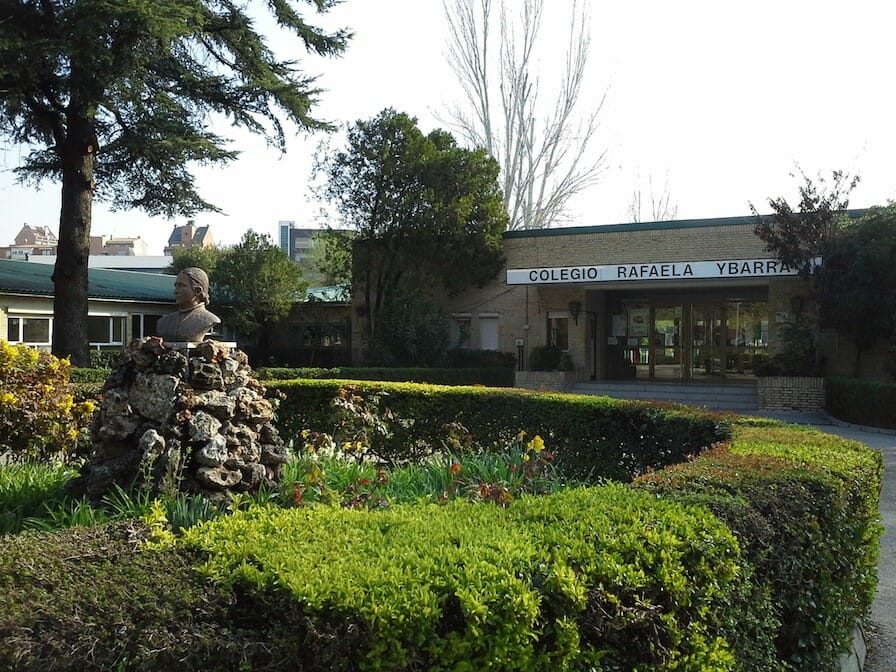
***Alojamiento
Un año más, la Fundación Síndrome de Dravet volverá a hacerse cargo del coste del alojamiento de aquellas familias de la Fundación que sean de fuera de Madrid y que efectivamente necesiten alojamiento para el fin de semana, con el objetivo de facilitar e incentivar la participación de todas las familias que componen la Fundación Síndrome de Dravet.
Indícalo en el formulario de inscripción para que lo podamos tener en cuenta, de tal manera que te mantengamos informado sobre el alojamiento en el que nos quedaremos las familias de la Fundación Síndrome de Dravet que asistamos al encuentro.

Conviértase en patrocinador
Como organización de pacientes, dependemos de la generosidad de las empresas patrocinadoras para poder llevar a cabo nuestras actividades fundacionales.
Póngase en contacto con nosotros en [email protected] e infórmese de las diversas opciones de patrocinio.
Inscripción
La asistencia a esta conferencia es gratuita, pero obligatoria por motivos organizacionales. Sólo tienes que rellenar el formulario de abajo para inscribirte en la Reunión Anual de Familias 2024 de la Fundación Síndrome de Dravet, que tendrá lugar el próximo 16 de marzo de 2024 en Madrid. La inscripción es gratuita e incluye el café y las bebidas, la comida, la asistencia a todas las sesiones, el material de la conferencia y el servicio de cuidadores para las personas con síndrome de Dravet y sus hermanos.
Para más información sobre este evento, visite la página de inicio.
¡Haz tu donación!
Tu aportación se destinará a ayudar a nuestros guerreros y sus familias en su lucha contra el síndrome de Dravet, para conseguir que no pierdan nunca la sonrisa.
